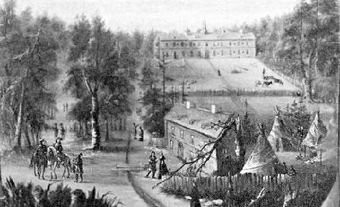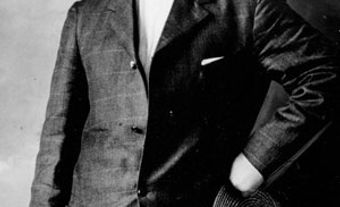Yet Mountain accomplished much. In his episcopate 60 churches were built, including a stone cathedral in Québec City. He vigorously defended his church's claim to the CLERGY RESERVES. Between 1815 and 1825, a period of heavy immigration, he opened 35 missions. His clergy increased from 9 to 60, and he was able to augment their scanty stipends. He encouraged a new school system in Lower Canada and obtained a charter for McGill. Under pioneer conditions he made 8 laborious tours of the Canadas, going as far as Sandwich [Windsor].
A splendid preacher, Mountain was respected by colleagues in the Executive and Legislative councils of Lower Canada, with whom he was not always in agreement. He was not without his critics. The Roman Catholic hierarchy was apprehensive of his efforts to elevate the status of his church. Several governors and British colonial secretaries found his repeated demands difficult and even some of his clergy considered him more fitted for an English rather than a colonial see. But, aided by clergy and laity and with assistance from government and especially from the Society for the Propagation of the Gospel, he laid strong church foundations on which his successors, including his son George, later bishop of Montréal and third bishop of Québec, were able to build.

 Share on Facebook
Share on Facebook Share on X
Share on X Share by Email
Share by Email Share on Google Classroom
Share on Google Classroom


